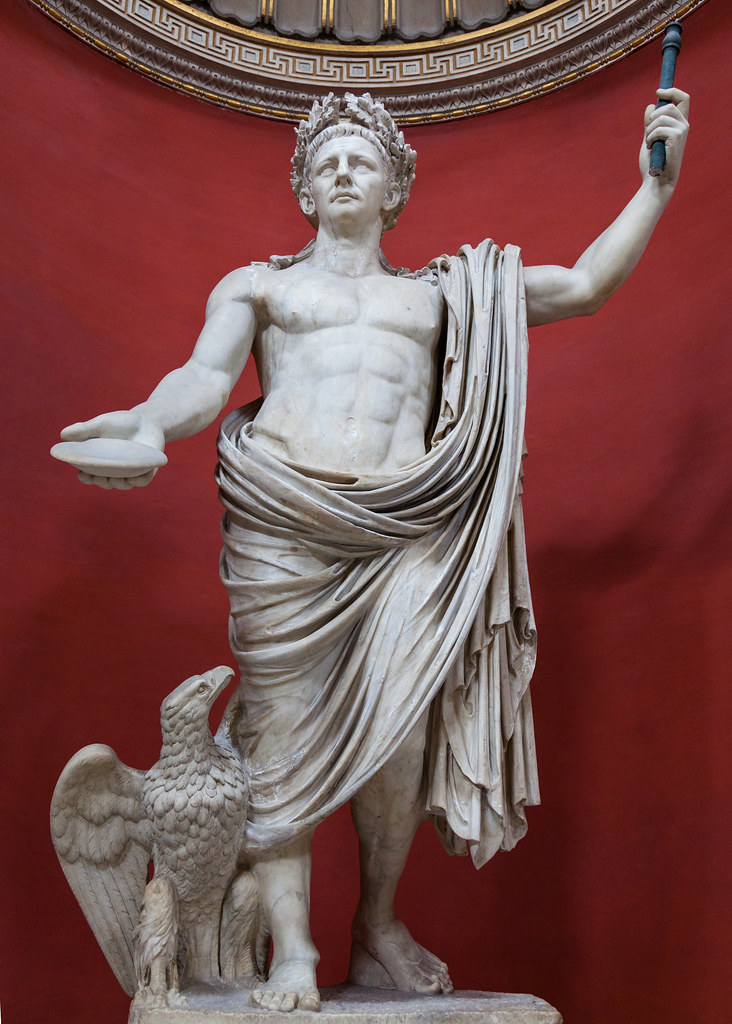Claudius employed freedmen to assist with the Empire's day-to-day operations
Claudius employed freedmen to assist with the Empire's day-to-day operations. He was, however, forced to expand their role as the Princeps' powers became more centralized and the burden became heavier. This was due in part to the Senate's ongoing hostility, as previously stated, but also to his respect for the senators. Claudius did not want free-born magistrates to be forced to serve under him as if they were second-class citizens.
The secretariat was divided into bureaus, each under the leadership of a freedman. Narcissus was the correspondence secretary. Pallas was appointed Secretary of the Treasury. Callistus was appointed Secretary of Justice. Polybius was in charge of a fourth office for various concerns until his execution for treason. The freedmen might also legally speak for the Emperor, as when Narcissus addressed the army before the conquest of Britain in Claudius' stead.
Because these were crucial positions, the senators were shocked that they had been placed in their hands. It did not appear difficult for freedmen to manipulate the Emperor if they had complete power over money, letters, and the law. This is precisely the charge leveled by the ancient sources. These same sources, however, admit that the freedmen were loyal to Claudius. He was similarly grateful to them and gave them credit for policies on which they had advised him. If they showed disloyal tendencies, however, the Emperor did punish them with appropriate harshness, as in the case of Polybius and Pallas' brother, Felix. There is no evidence that the character of Claudius' policies and edicts changed as the successive freedmen rose and fell, implying that he was firmly in power throughout.











